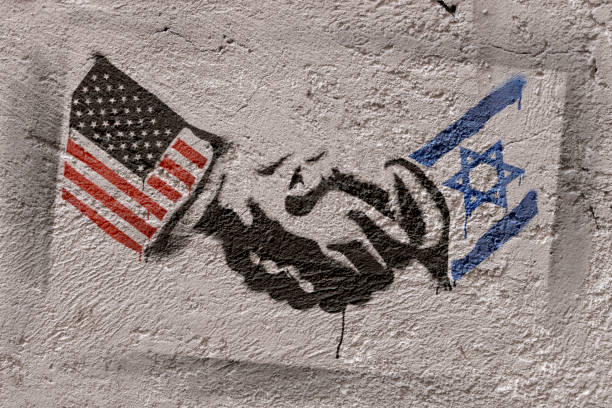At a ceremonial dinner in the Oval Office’s Blue Room, Netanyahu heaped praise on Trump’s Middle East efforts, declaring that he was “forging peace, as we speak, in one country, in one region after the other.” He handed Trump a letter nominating him for the Nobel Peace Prize, which Trump described as “a great honour.”
The gesture highlights both leaders’ focus on shaping narratives about their legacy. But it also underscored a larger truth: despite the applause, no formal agreements were reached.
Ceasefire Talks Stall But Momentum Tweaks
Trump is calling for a Gaza truce “this week,” describing progress as “going well” and claiming, “I don’t think there’s a hold‑up.” Hamas reportedly delivered a “positive” response to a 60‑day ceasefire plan involving hostage exchanges and negotiations for a longer-term peace.
Negotiators are en route to Doha, with US envoy Steve Witkoff joining the discussions. Israeli efforts are focusing on drafted changes from Hamas, which Netanyahu says remain unacceptable.
Yet gaps persist. The ceasefire hinges on substantial concessions: Hamas wants troop withdrawal and full humanitarian access; Netanyahu appears unwilling to meet all conditions, and Trump has refrained from applying firm US pressure. The result is cautious optimism rather than confidence.
Controversial Plans for Gaza’s Displaced
Both leaders spoke of locating countries willing to resettle Palestinians displaced from Gaza. Netanyahu claimed, “I think we’re getting close to finding several countries.” Trump echoed this, saying “we’ve had great cooperation from countries surrounding Israel.”
The plan has alarmed rights groups and the UN, who warn it resembles forced population transfer or ethnic cleansing. Israel’s defence chief also unveiled a scheme to relocate up to 2 million Gazans to a secured “humanitarian city” in Rafah, restricting movement.
This suggested resettlement strategy seems less about providing relief and more about reshaping the region’s demographic landscape—a move fraught with legal and ethical risks.
Nuclear Talks With Iran: Still on the Table
Trump confirmed further discussions on Iran’s nuclear programme are in the works. “We have scheduled Iran talks,” he said, adding that sanctions relief might follow if Tehran shows willingness to rebuild its economy.
This stance marks a shift from Trump’s former hardline posture. It underscores the transactional nature of the US‑Israel relationship: military action against Iran earned praise at the dinner, yet Washington remains open to diplomatic engagement—if it serves broader geopolitical interests.
Two-State Solution? Undermined and Uncertain
When asked if a two-state solution remained viable, Trump responded, “I don’t know,” urging Netanyahu to define the vision. Netanyahu replied that Palestinians should enjoy the powers of government, “but none…should threaten us.”
That exchange departed sharply from traditional US policy backing Palestinian self‑determination. Their comments signal an ambivalent, possibly shrinking, American commitment to a two-state outcome.
What This Dinner Showcases—and What It Conceals
On the surface, the dinner was a demonstration of unity. The two leaders toasted their relationship, praised recent military cooperation, and staged a moment of diplomatic pageantry with the Nobel nomination.
But beneath the perfunctory celebration, true progress remains scarce. Ceasefire terms are vague, resettlement plans are contested, Iran remains a pressure point, and the future of Palestinian statehood is blurred. The applause during the dinner papered over unresolved crises.
Ultimately, the dinner reinforced what remains unchanged: Gaza is in limbo, Iran negotiations are unfolding slowly, and Palestinians are sidestepped in a discourse focused on security and legacy. Until these leadership postures are backed by actionable steps, Middle East stability will remain elusive.


